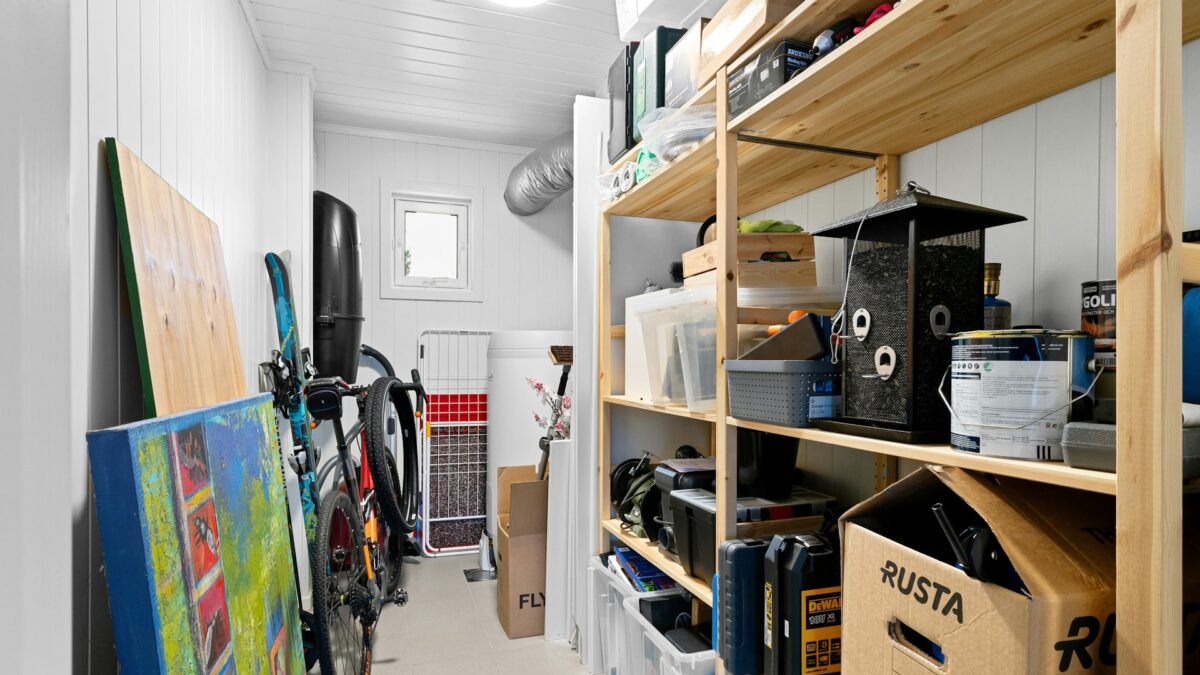Most homes are filled with chemical-based products—cleaners, solvents, disinfectants, and more. They’re essential for maintaining a clean and functional space. But without safe storage, those everyday items can quietly become health and safety hazards. Leaks, spills, fumes, and even simple misplacement can lead to accidents or long-term exposure risks.
The good news? Preventing problems is simple with a few smart habits. When you treat chemical storage as part of your home safety strategy—not an afterthought—you protect your family, your pets, and your environment.
Start With the Label
Before storing or using any product, read the label. It includes storage instructions, hazard warnings, and compatibility guidelines. For example, never mix bleach with ammonia, and keep certain chemicals away from sunlight or heat. A quick read could prevent a dangerous chemical reaction or a slow-developing indoor air issue.
Keep Chemicals Secure—And Out of Reach
Convenience often leads people to store products under sinks or in low cabinets. But for households with kids or pets, that accessibility can be risky. Aim for high shelves with safety latches, or better yet, a locked cabinet or utility closet. Safety should always outweigh convenience when storing chemicals.
Monitor for Leaks and Aging Containers
Over time, containers can break down—especially if they’re stored in hot, damp, or sunny environments. A cracked lid or faded label might seem harmless, but it could lead to slow leaks or unnoticed contamination. Do a quick check every few months. If something smells off or feels sticky, it’s time to reassess.
Label Clearly—Even When Repackaging
If you transfer chemicals into smaller bottles, label them right away. Don’t rely on memory or shape to tell you what’s inside. Use permanent, waterproof labels that include the product name and handling instructions. This avoids dangerous mix-ups, especially with similar-looking substances.
Organize by Category
Grouping similar products together makes storage safer and easier. Use bins or trays to separate bathroom cleaners from automotive fluids, for example. This prevents cross-contamination and makes it easier to find what you need—without buying duplicates or accidentally combining incompatible substances.
Dispose of Expired or Unused Products the Right Way
Pouring chemicals down the drain or tossing them in the trash can be hazardous to your plumbing, community water system, and local ecosystem. Check with your city or county for approved disposal programs. Many offer drop-off events or year-round facilities for handling hazardous household waste responsibly.
A Safer Household Starts With Better Storage
Chemicals are a helpful part of everyday home care—but they come with responsibilities. With a little preparation, smart storage habits, and routine checks, you can keep your home healthier, more organized, and better protected from preventable risks.
A few small adjustments today can go a long way toward a safer tomorrow.


